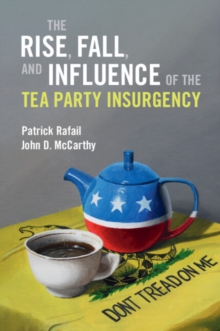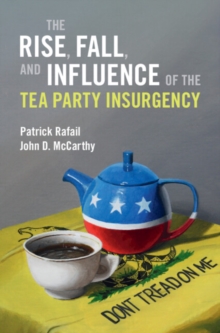
Between Mao and Gandhi : The Social Roots of Civil Resistance Paperback / softback
by Ches (Northern Illinois University) Thurber
Part of the Cambridge Studies in Contentious Politics series
Paperback / softback
Description
From Eastern Europe to South Africa to the Arab Spring, nonviolent action has proven capable of overthrowing autocratic regimes and bringing about revolutionary political change.
How do dissidents come to embrace a nonviolent strategy in the first place?
Why do others rule it out in favor of taking up arms?
Despite a new wave of attention to the effectiveness and global impact of nonviolent movements, our understanding of their origins and trajectories remains limited.
Drawing on cases from Nepal, Syria, India and South Africa, as well as global cross-national data, this book details the processes through which challenger organizations come to embrace or reject civil resistance as a means of capturing state power.
It develops a relational theory, showing how the social ties that underpin challenger organizations shape their ability and willingness to attempt regime change using nonviolent means alone.
Information
-
Only a few left - usually despatched within 24 hours
- Format:Paperback / softback
- Pages:281 pages, Worked examples or Exercises; 10 Tables, black and white; 15 Line drawings, black and whi
- Publisher:Cambridge University Press
- Publication Date:19/10/2023
- Category:
- ISBN:9781108927840
Information
-
Only a few left - usually despatched within 24 hours
- Format:Paperback / softback
- Pages:281 pages, Worked examples or Exercises; 10 Tables, black and white; 15 Line drawings, black and whi
- Publisher:Cambridge University Press
- Publication Date:19/10/2023
- Category:
- ISBN:9781108927840










